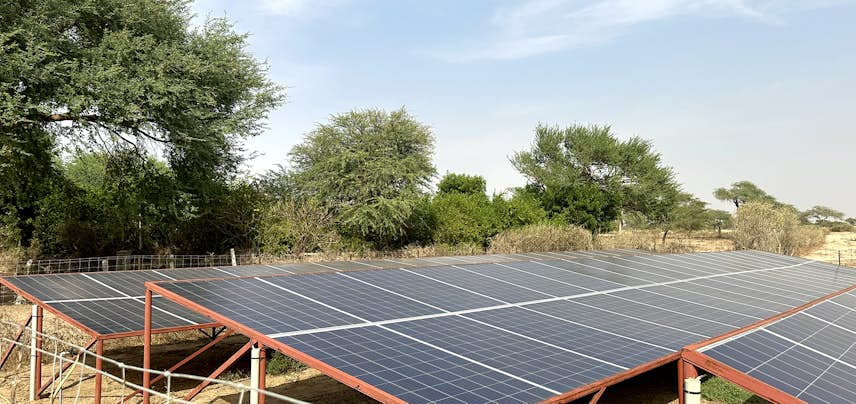Environment and Climate change
The major global environmental changes, and in particular climate change, loss of biodiversity and desertification, are adversely impacting the human and natural systems on which human well-being and economic activities are based. They will continue to influence countries’ development conditions. These changes constitute threats and a major challenge for societies in their ability to meet basic human needs, promote justice, peace and security and pursue sustainable growth and development.
Environment and climate issues are therefore a key element of the overall aim of Luxembourg Development Cooperation’s general strategy, and one of the three cross-cutting issues on which its actions focus. In line with the additionality of international climate financing provided for in the government’s coalition agreement, there is more of a need than ever to strengthen and optimise the cross-cutting incorporation of the environment and climate change within development cooperation activities.
Luxembourg Development Cooperation’s environment and climate change strategy, presented in 2021, aims to frame all its activities and/or aid within sustainable, inclusive, renewable or low-carbon development dynamics that are resilient to the effects of climate and environmental change, in accordance with international environmental conventions, Agenda 2030 and the Paris Agreement goals.
In 2024, Luxembourg Development Cooperation also continued its involvement in the interministerial management committee of the Climate and Energy Fund (CEF), chaired by the Ministry of the Environment, Climate and Sustainable Development, whose remit includes the multiannual planning of CEF expenditure and the drafting of opinions and, where appropriate, recommendations concerning the financing of eligible investments.
The year 2024 saw the three Rio Conventions’ Conferences of the Parties (COP): the climate COP, the biodiversity COP and the desertification COP. The MFA led the delegation for the latter, which is a lower-profile negotiation space that fosters in-depth and constructive dialogue. Significant progress was achieved on issues of inclusiveness and equality, reflecting a more participatory dynamic. However, no consensus could be reached on the major issues related to drought, despite it being a central concern of environmental and climate crises, with increasing impacts on ecosystems and vulnerable communities.
